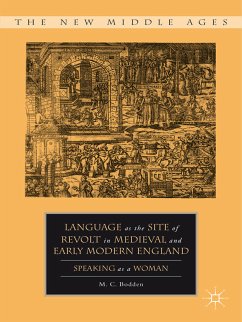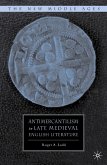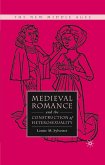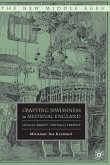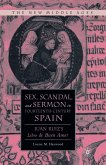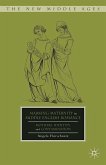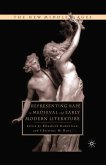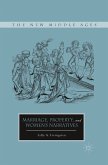Dieser Download kann aus rechtlichen Gründen nur mit Rechnungsadresse in A, B, BG, CY, CZ, D, DK, EW, E, FIN, F, GR, HR, H, IRL, I, LT, L, LR, M, NL, PL, P, R, S, SLO, SK ausgeliefert werden.
"Bodden offers the reader abeautifully conceptualized analysis of the engendering politics of language in medieval and early modern England. In so doing,herbook joins the ranks of such classics as Michel de Certeau on mystic speech and Helen Solterer on disputing women.In engaging with the serpent, she emerges as a serpent whisperer." - Kathleen Biddick,Professor of History, Temple University

